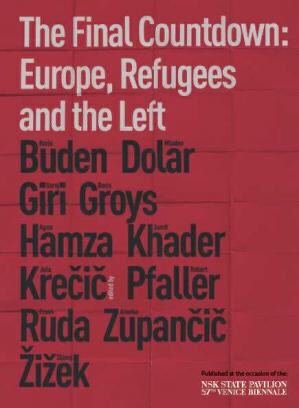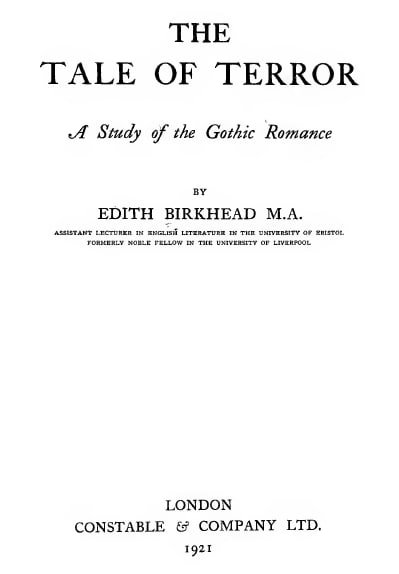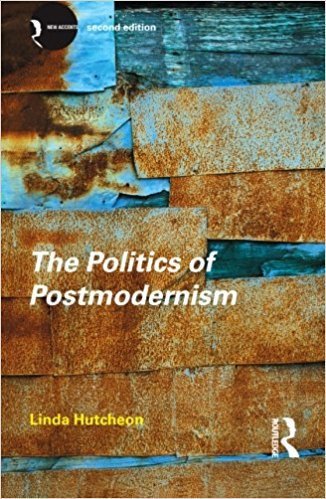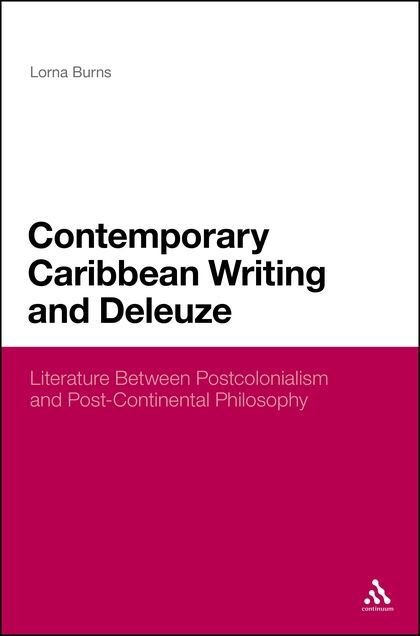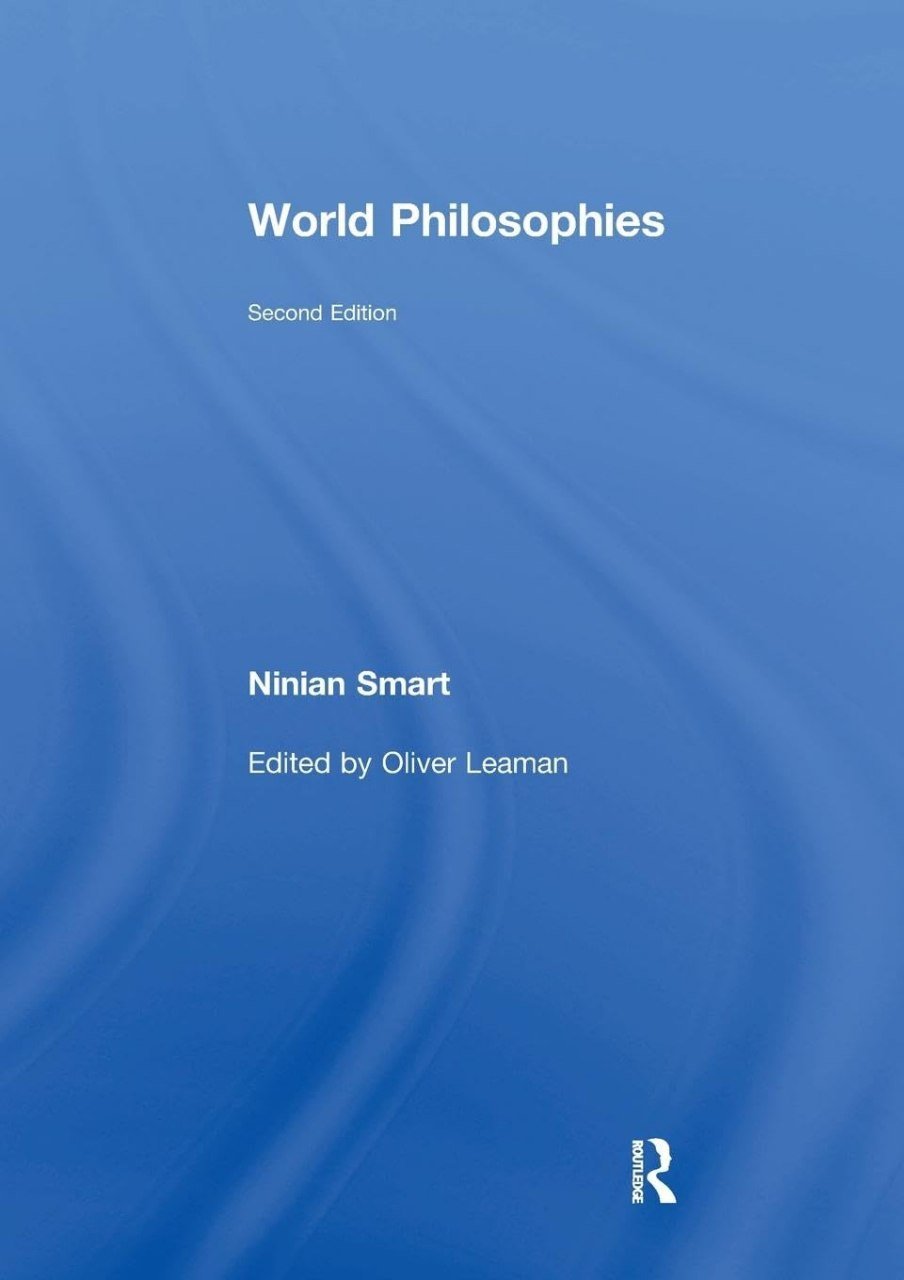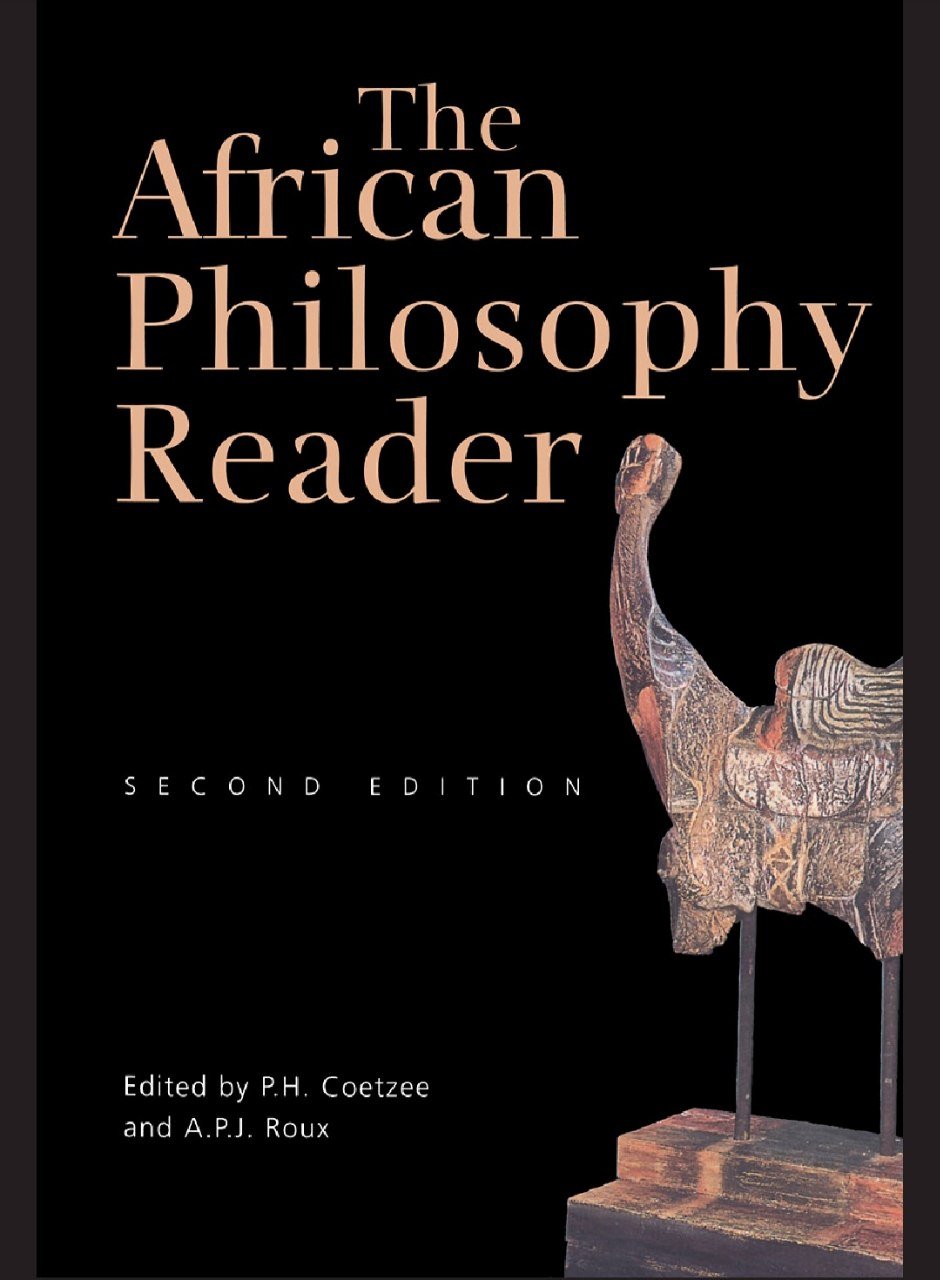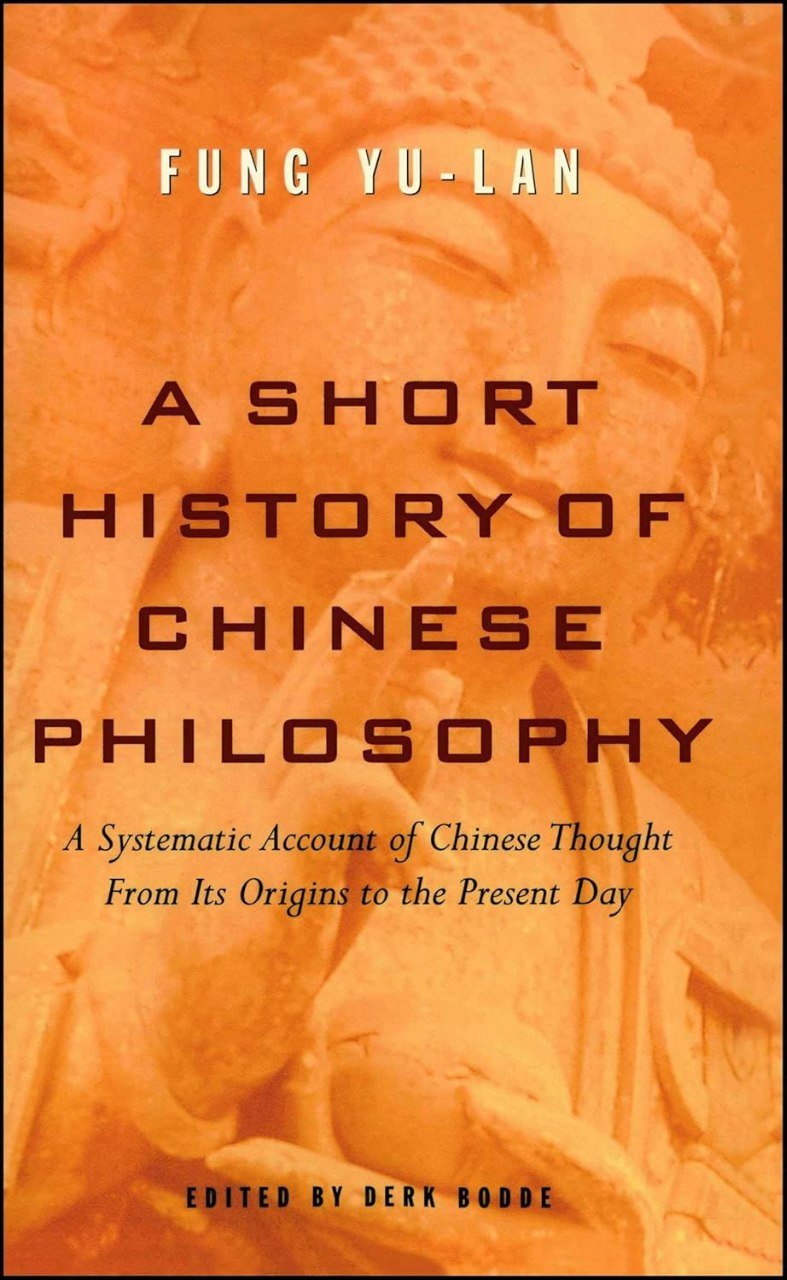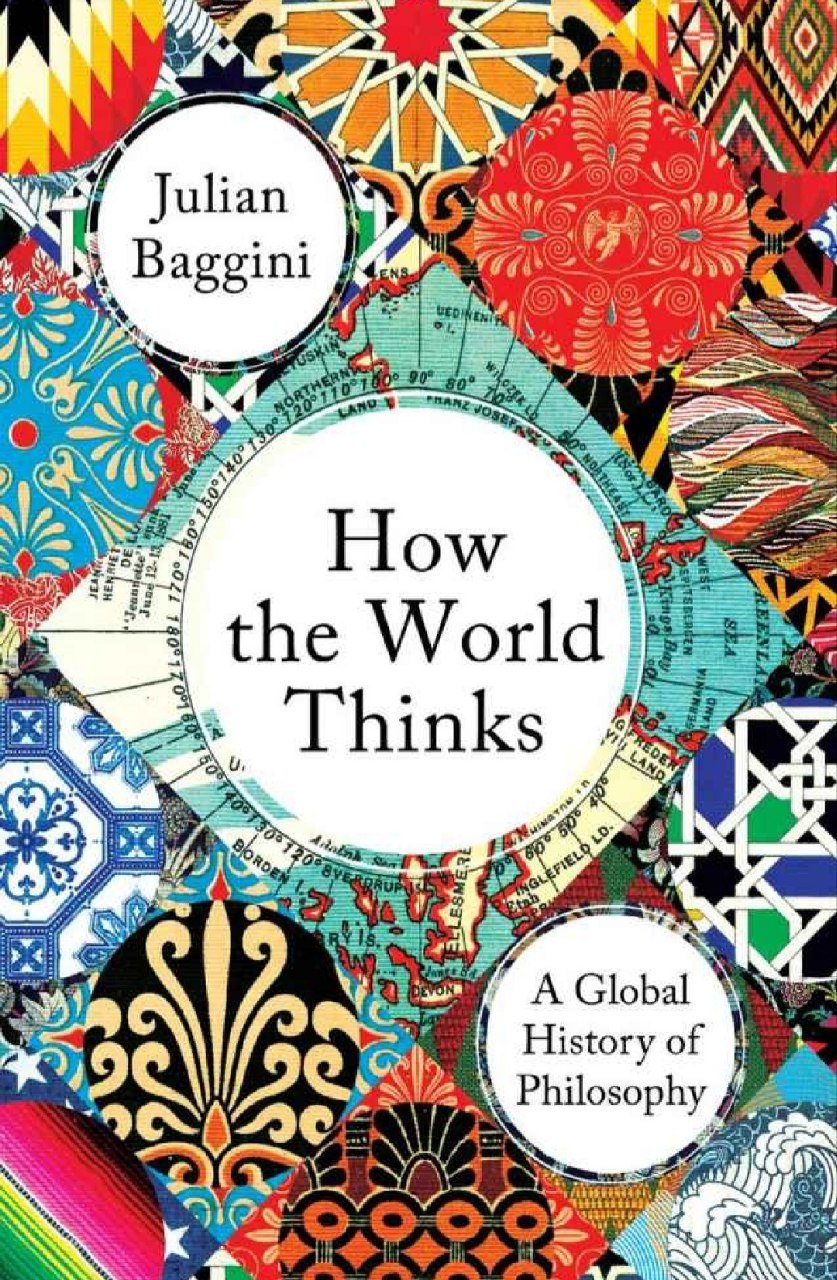
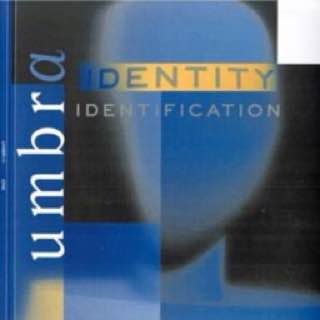
Umbra: Identity Identification, edited by Joan Copjec
Reviews
No review yet. Be the first to review this book!
Description
Umbra: Identity Identification, edited by Joan Copjec and with contributions from Slavoj Žižek, is an insightful anthology that explores the complex and often paradoxical notions of identity and identification. Published under the Umbra series, which focuses on critical theory, psychoanalysis, philosophy, and cultural studies, this volume brings together a range of essays that critically engage with how subjects are formed, how identities are constructed, and how processes of identification function within social, political, and psychoanalytic frameworks. Joan Copjec, a prominent scholar in psychoanalytic theory and film studies, curates a collection that challenges traditional understandings of identity as something fixed or essential. Instead, the essays in the volume examine identity as a dynamic and unstable process, shaped by ideological forces, unconscious desires, and symbolic structures. The contributors—including Slavoj Žižek, known for his provocative interpretations of Lacanian psychoanalysis and critical theory—delve into topics such as the formation of the subject, the role of the Other in self-conception, and the tension between self-identification and external imposition of identity. The volume draws heavily on Lacanian psychoanalysis, particularly the notion that the self is constituted through a process of misrecognition and that identification often involves a fundamental alienation. In addition to psychoanalytic approaches, the essays engage with philosophical traditions, feminist theory, cultural critique, and political analysis, offering a multi-faceted examination of how identity operates in contemporary society. Umbra: Identity | Identification is not just a theoretical inquiry but also a critical reflection on issues of race, gender, sexuality, and power, making it a valuable resource for anyone interested in understanding the complexities of subjectivity in the modern world. The collection encourages readers to question the apparent stability of identity categories and to consider the ideological mechanisms that sustain them. Ultimately, it highlights the importance of rethinking identity beyond simplistic or essentialist notions, offering deeper insights into the processes that shape who we are and how we relate to others.











 May 03, 2025
May 03, 2025





.jpg)

.jpg)












.jpg)



.jpg)














.jpg)








.jpeg)



.jpg)






.png)
.jpg)









.jpg)
.jpeg)
.jpeg)


.jpeg)
.jpeg)

